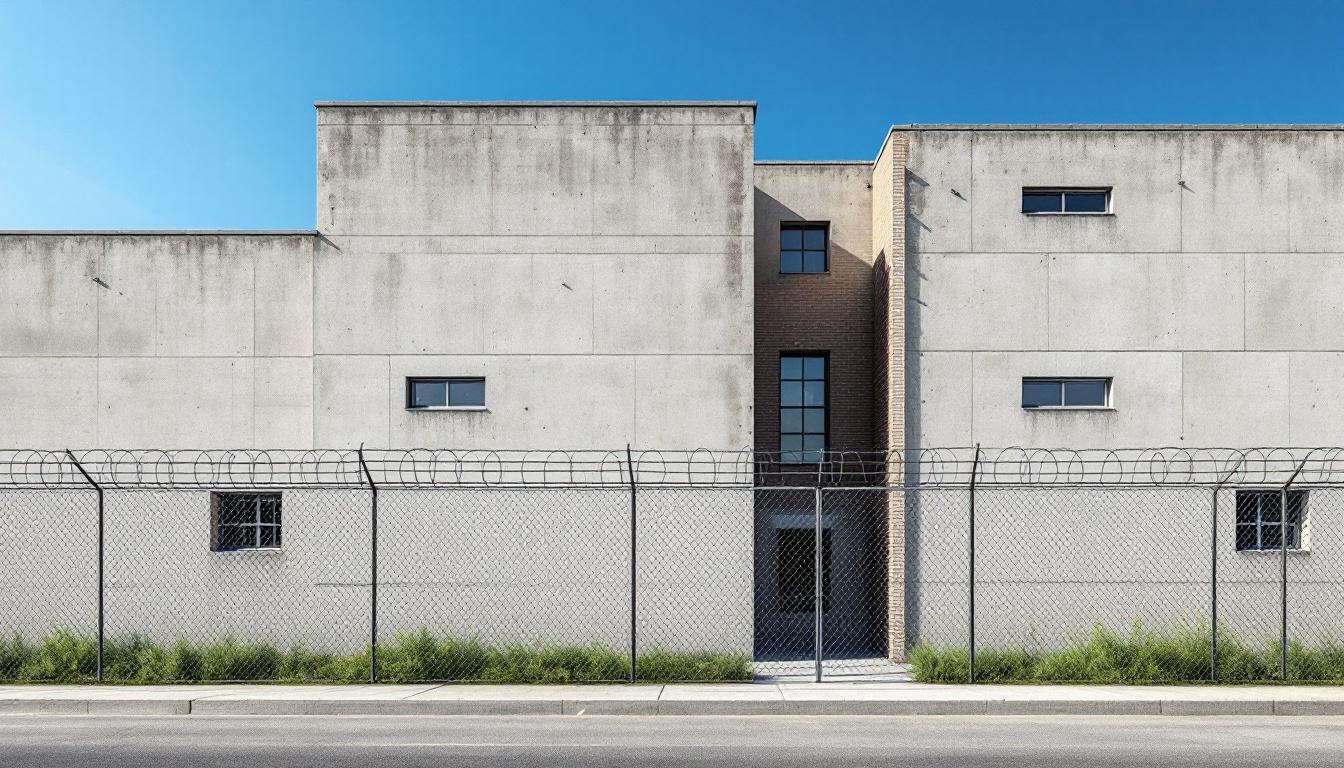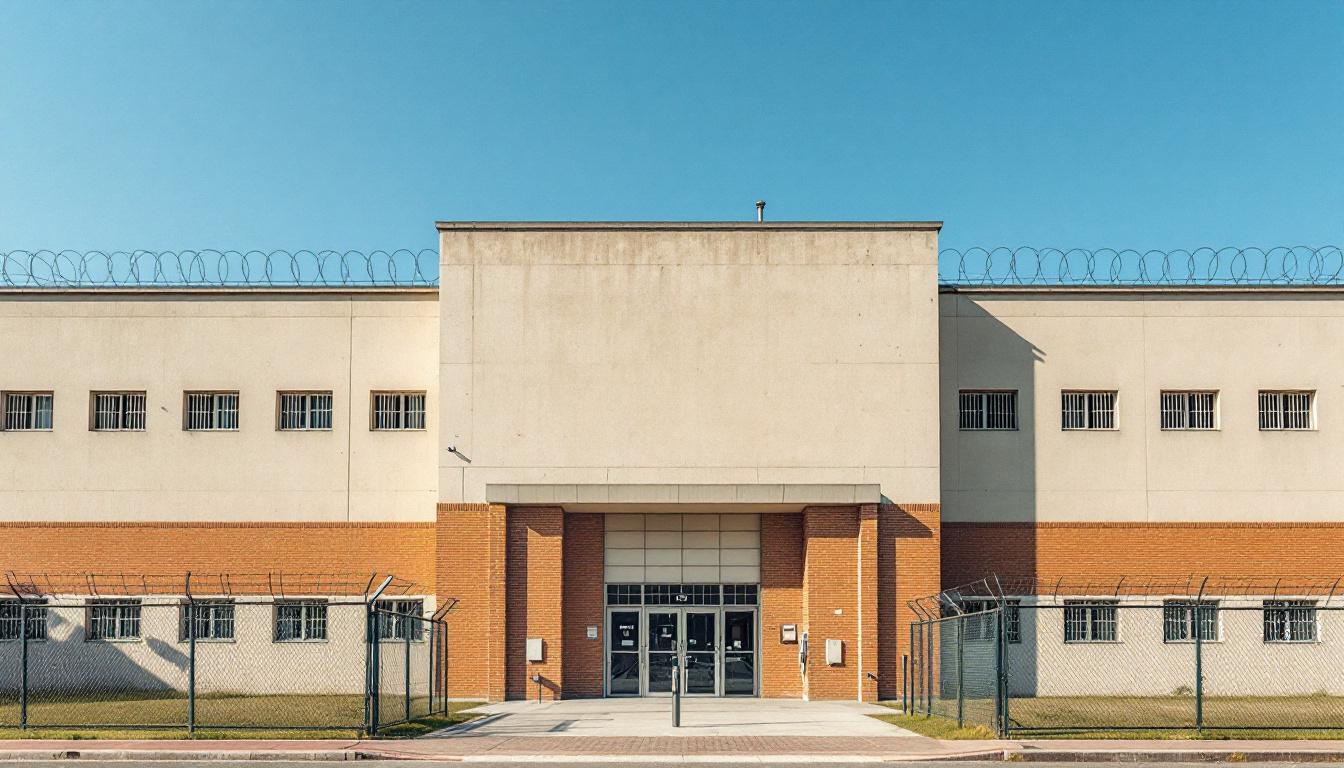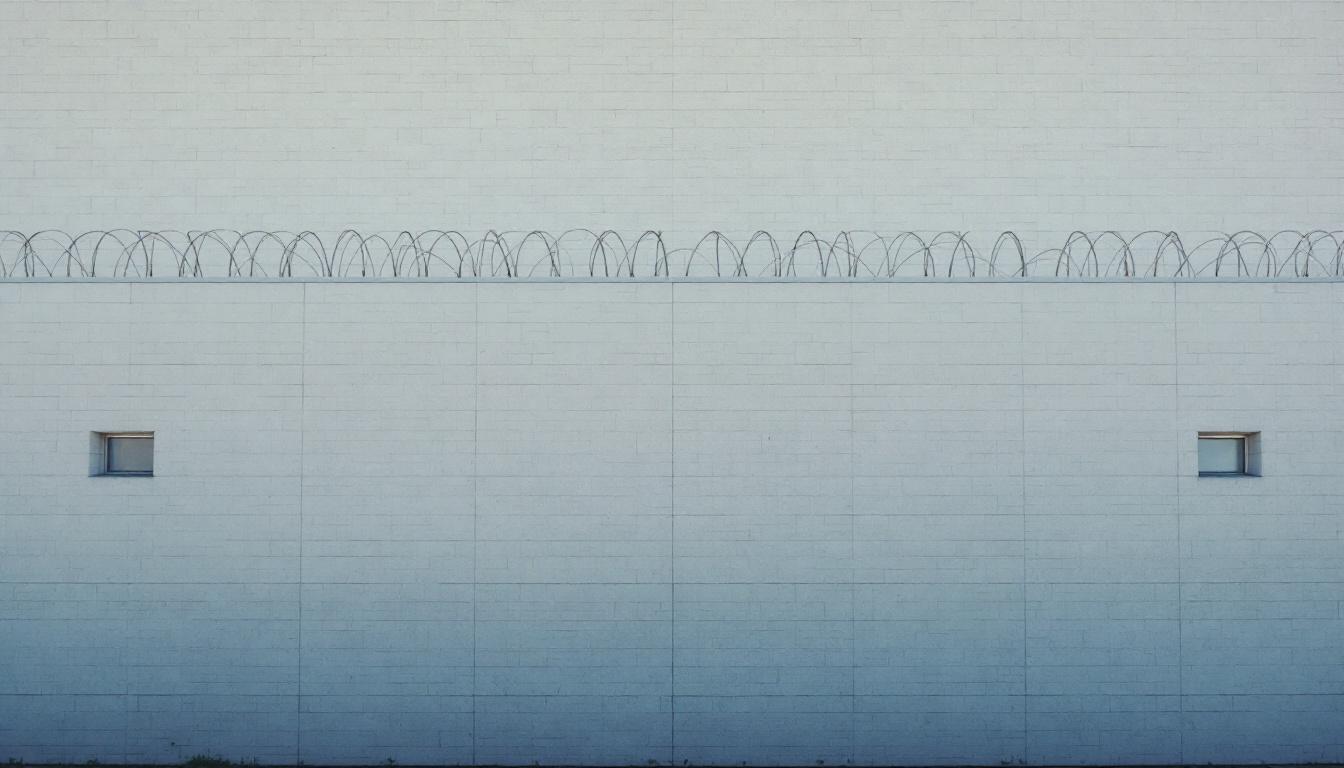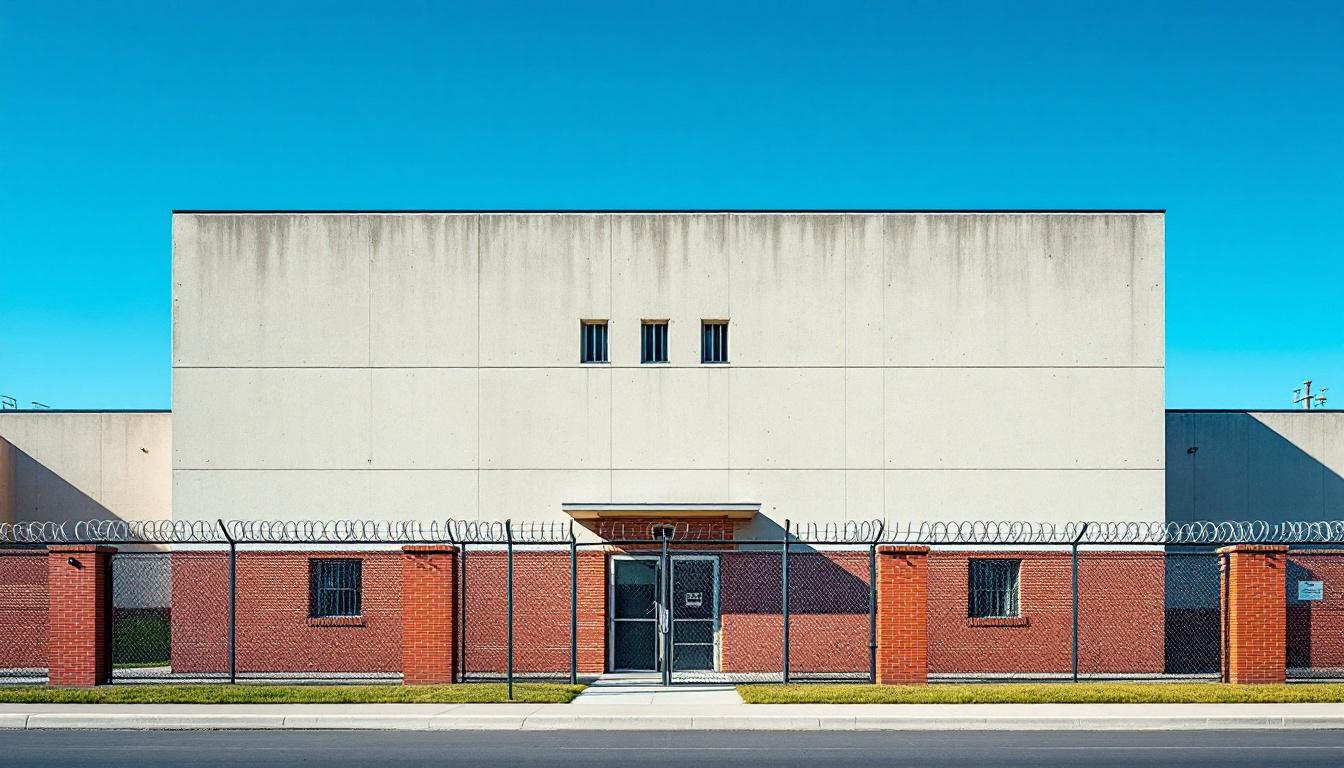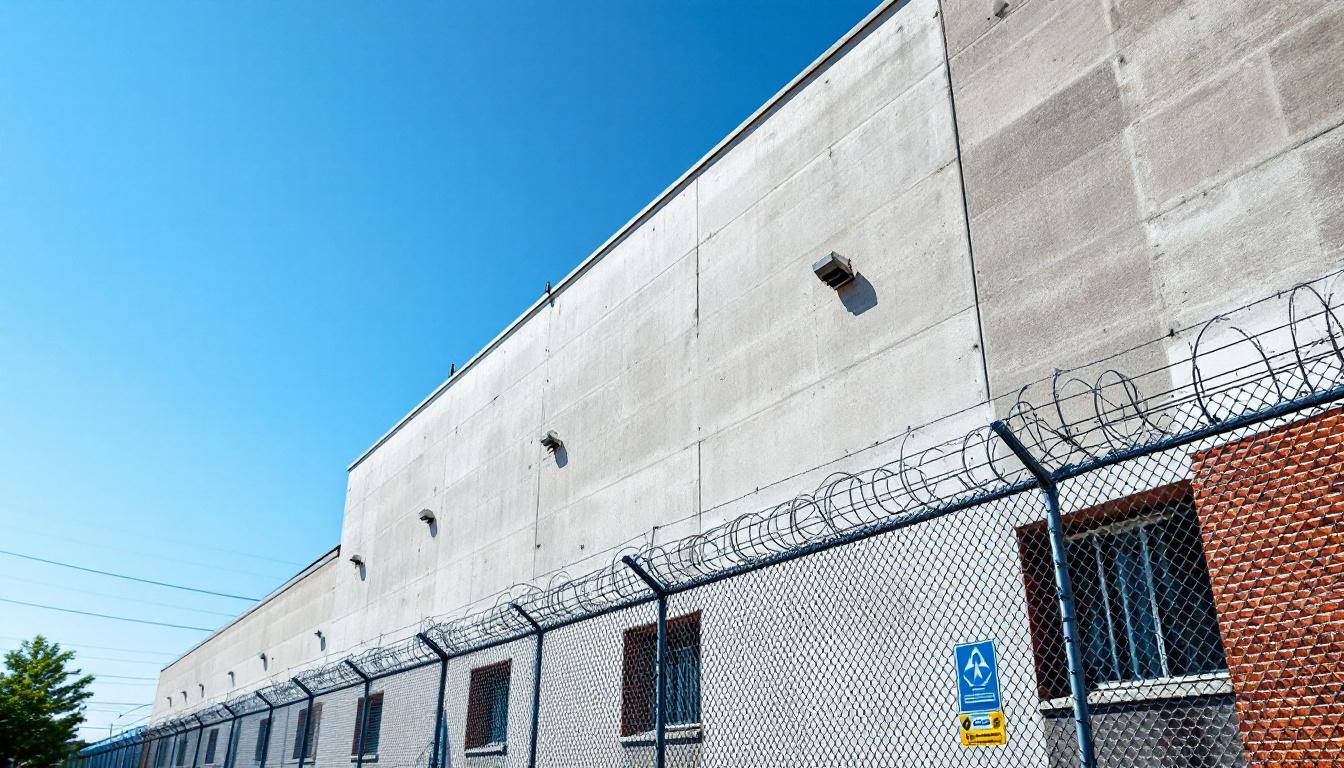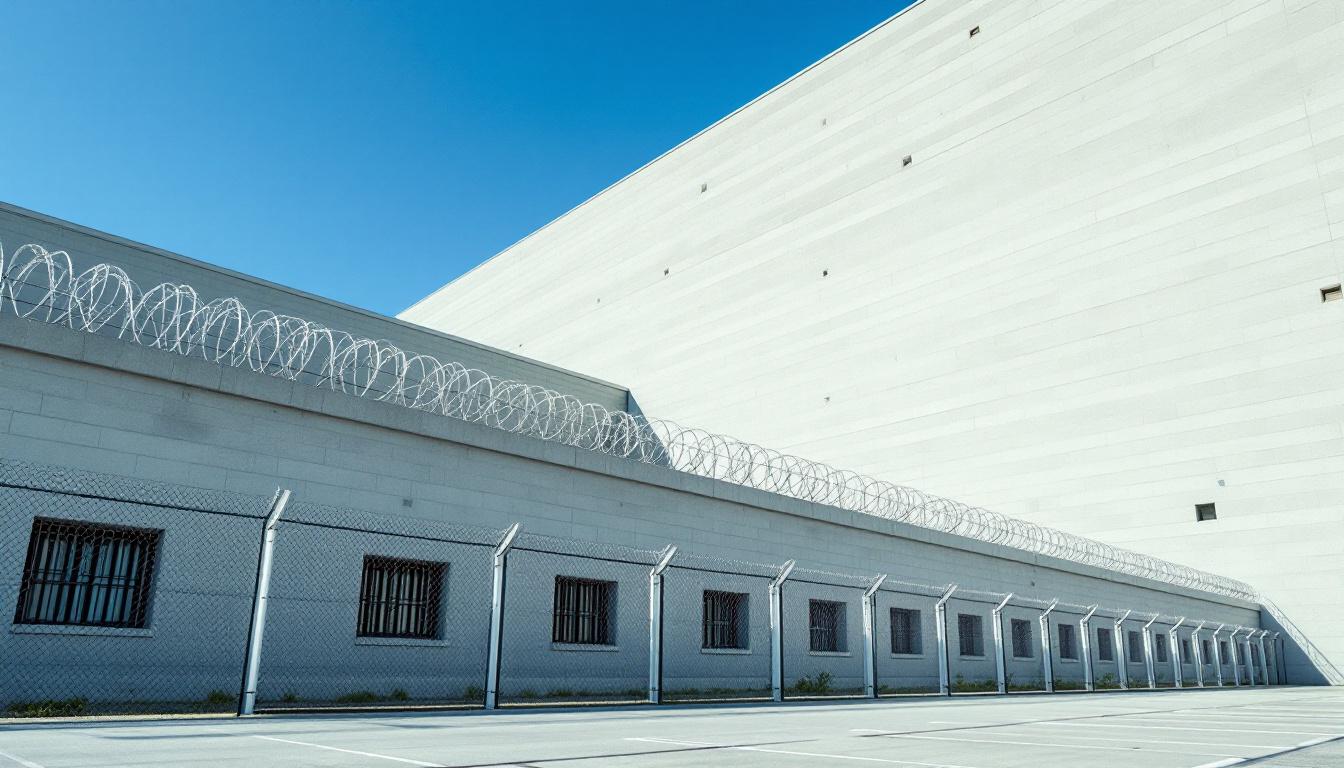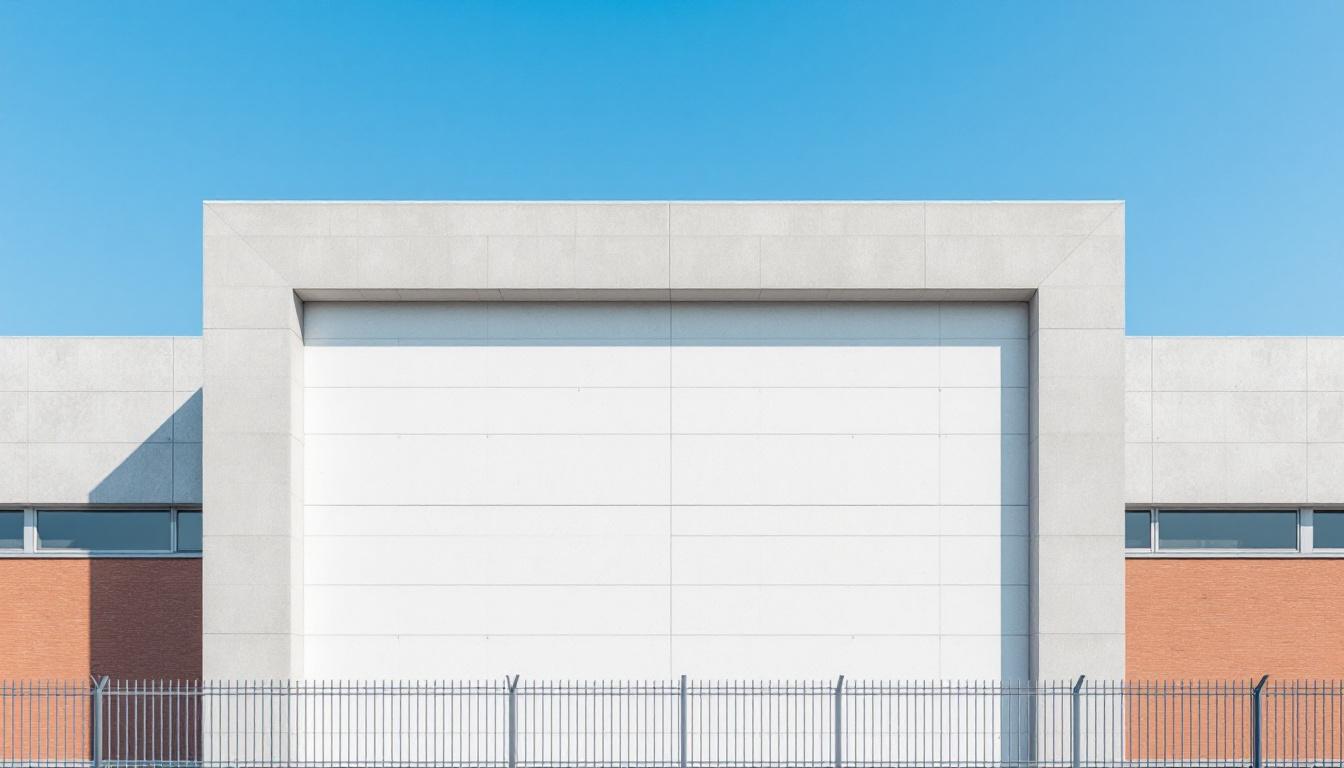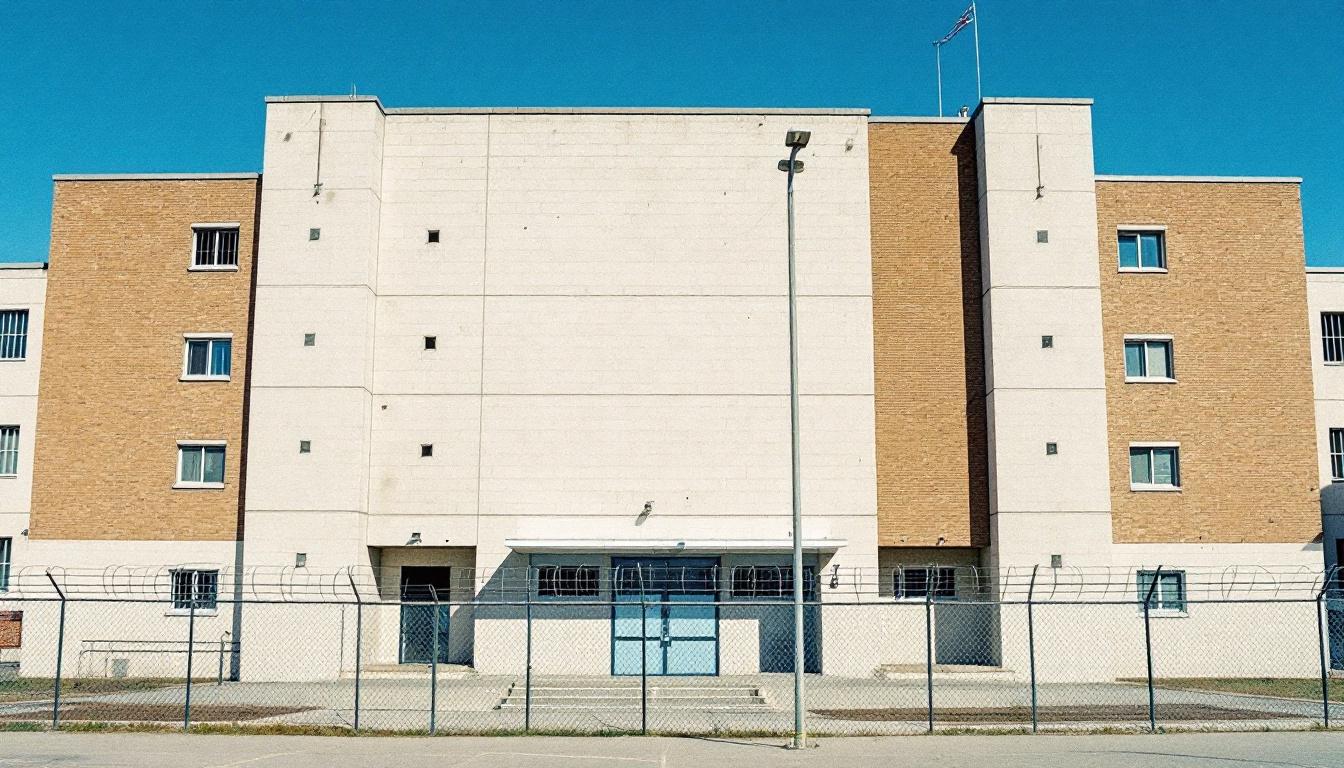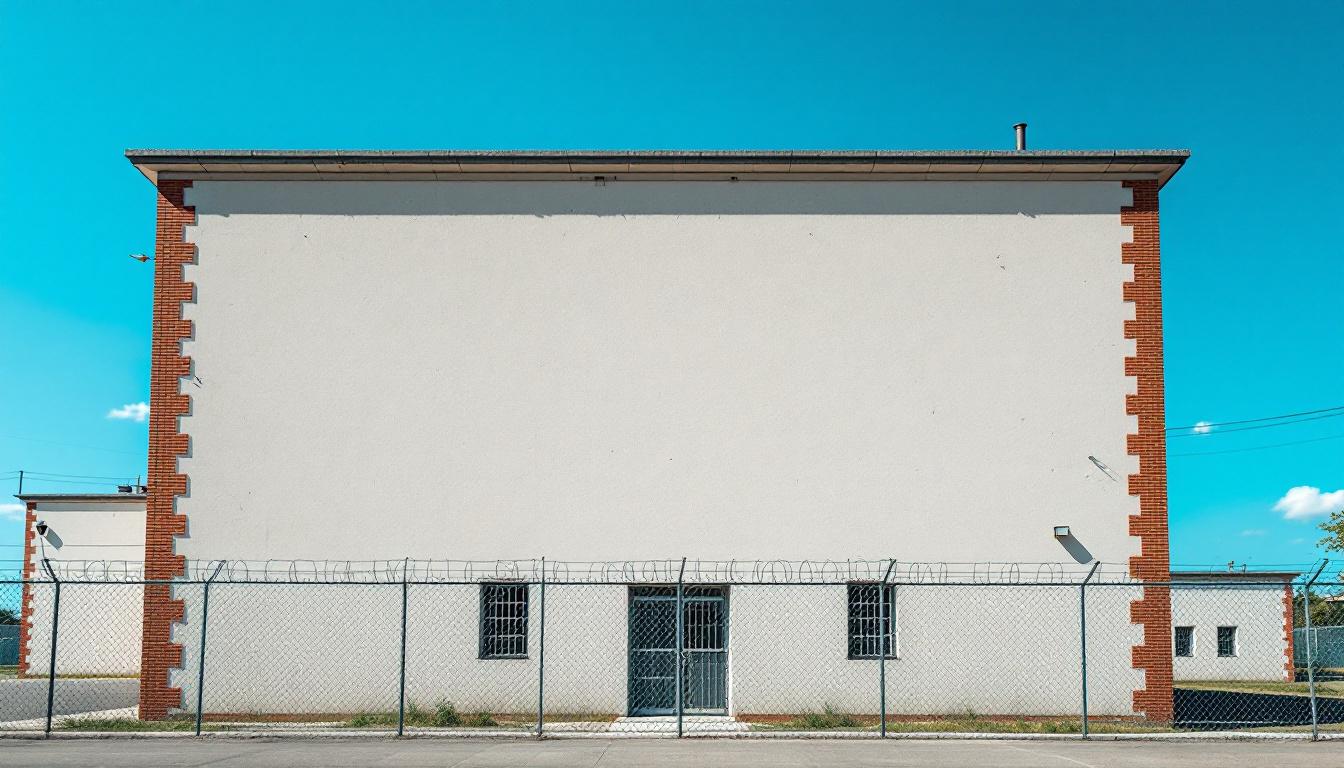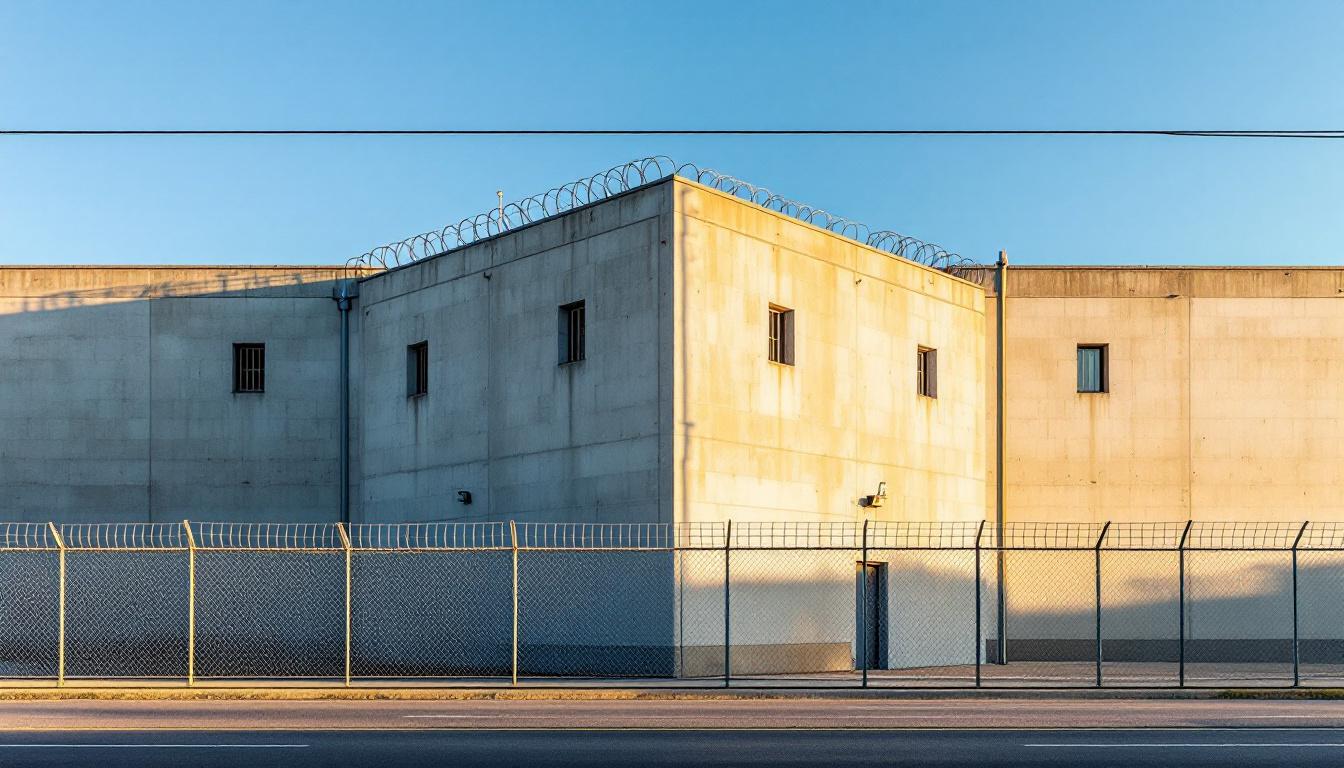
Quick Navigation
How to contact an inmate at Johnson City Police
This comprehensive guide will walk you through how to connect with an inmate at Johnson City Police. Follow the steps below to find an inmate and send letters and photos:
- Search for the inmate using our search tool below
- Create your account or log in to Penmate
- Write your message (up to 6,000 characters)
- Send instantly - inmates receive printed copies daily
Find an Inmate
Search for an inmate to start communicating today
Tip: You can search by first name, last name, or inmate ID number
To contact a person at Johnson City Police start by searching for the person on the official facility website. Perform a search by following these steps:
- Step 1: Enter their first name and last name into the search form and click "Search"
- Step 2: Locate their inmate record
- Step 3: Write down their Inmate ID and any housing information provided
Important! Be sure to enter the person's full name. Nicknames should not be used.
How to Send Messages to Inmates

You can use your phone or computer to send emails, letters, and photos to an inmate. Messages are sent electronically to inmate tablets or kiosks at the facility. If you would like to send a message, start by searching for an inmate at Johnson City Police.
Sending Photos and Postcards

A great way to send love and support to a loved one at Johnson City Police is to send photos and postcards. It only takes a few minutes to send photos from your phone and it makes a huge difference. You can also mail postcards with words of support and inspiration, or design your own postcard for special moments like birthdays and holidays.
Important! Be sure not to send any explicit photos or they may not be approved by the facility. You can also use a photo printing app like Penmate to make sure your photos are printed at the correct size (4x6 or 3x5) and are mailed according to the rules and regulations of Johnson City Police.
Frequently asked questions about Johnson City Police
-
How long does it take to deliver a message?
If you're sending an email message your letter is usually delivered within 24-48 hours. For messages sent via mail you should expect delivery within 3-7 days. All messages will need be approved by Johnson City Police.
-
How much does it cost to send a message to Johnson City Police?
You can send a message free using your phone or mail a message via USPS for the price of a $0.60 stamp and envelope. You can also purchase credits or e-stamps from services starting at $1.99.
-
What services can I use to contact an inmate at Johnson City Police?
Penmate
You can use Penmate to send letters and photos to an inmate from your phone. It's an easy way to stay in touch during your loved one's incarceration. Use the inmate locator to find an inmate's location and contact information, then you can send messages within a few minutes.
Securus messaging
Securus may be another option for communicating with an inmate at Johnson City Police. You can create a friends and family account and purchase credits to send messages. All messages will be reviewed and must be approved by the facility.
JPay
Some county jails and state prisons may support sending messages with JPay. You must register an account with the system, find your loved one, and purchase stamps to send messages. For some locations you can also attach photos.
Smart Jail Mail
You may also check if Smart Jail Mail is available at Johnson City Police. Smart Jail Mail is operated by Smart Communications and has contracted with some state and county jails. After purchasing credits, your messages and photos are sent to the facility, printed out, and then handed out to your loved one.
-
What is the mailing address of Johnson City Police?
Mailing address:
Johnson City Police
601 E Main St
Johnson City, TN 37601
Phone: (423) 434-6000Business hours:
- Monday: 7:30 AM – 5:00 PM
- Tuesday: 7:30 AM – 5:00 PM
- Wednesday: 7:30 AM – 5:00 PM
- Thursday: 7:30 AM – 5:00 PM
- Friday: 7:30 AM – 5:00 PM
- Saturday: Closed
- Sunday: Closed
-
What are the visiting hours at Johnson City Police?
Visiting hours at Johnson City Police vary by housing unit and security level. Generally, visits are scheduled on weekends and holidays, with some facilities offering weekday visits. Contact the facility directly at (423) 434-6000 or check their website for the current visiting schedule. Visits typically last 30-60 minutes and must be scheduled in advance.
-
What items are prohibited when sending mail to Johnson City Police?
Prohibited items typically include: cash, personal checks, stamps, stickers, glitter, glue, tape, staples, paperclips, polaroid photos, musical or blank greeting cards, hardcover books, magazines with staples, and any items containing metal or electronics. Only send letters on plain white paper with blue or black ink. Photos must be printed on regular photo paper (no Polaroids). Always check with Johnson City Police for their specific mail policies.
-
How do I send money to an inmate at Johnson City Police?
You can send money to an inmate at Johnson City Police through several methods: 1) Online using JPay, Access Corrections, or the facility's approved vendor, 2) Money orders mailed directly to the facility with the inmate's name and ID number, 3) Kiosks located in the facility lobby, or 4) Over the phone using a credit or debit card. Fees vary by method, typically ranging from $2.95 to $11.95 per transaction.
-
Can I schedule a video visit with an inmate at Johnson City Police?
Many facilities now offer video visitation as an alternative to in-person visits. At Johnson City Police, video visits may be available through services like Penmate, Securus Video Connect, GTL, or ICSolutions. Video visits typically cost $10-20 for 20-30 minutes and must be scheduled in advance. You'll need a computer or smartphone with a camera and reliable internet connection. Contact the facility for their specific video visitation policies and approved vendors.
-
What identification do I need to visit an inmate at Johnson City Police?
All visitors must present valid government-issued photo identification such as a driver's license, state ID, passport, or military ID. Minors must be accompanied by a parent or legal guardian who can provide the minor's birth certificate. Some facilities require visitors to be on the inmate's approved visitation list, which may require a background check. Contact Johnson City Police for specific ID requirements and visitor approval procedures.
-
How can I find out an inmate's release date?
To find an inmate's release date at Johnson City Police, you can: 1) Use the online inmate search tool if available, 2) Call the facility's records department, 3) Contact the inmate's case manager or counselor, or 4) Have the inmate provide this information during a call or visit. For privacy reasons, some facilities only release this information to immediate family members.
Facility Overview
Official Website

About Johnson City Police
Serving the community through secure detention and rehabilitative support, the Johnson City Jail, TN operates as a vital component of Washington County's criminal justice framework. Located in the heart of East Tennessee's Tri-Cities region, this TN correctional facility maintains its commitment to public safety while providing structured programming designed to support positive outcomes for those in custody.
The facility typically integrates with Tennessee's broader correctional goals by offering various services that may include educational opportunities, substance abuse counseling, and vocational training programs. Those incarcerated services often encompass mental health support, medical care, and reentry planning assistance to help individuals prepare for successful community reintegration. The county jail generally maintains classification systems that allow for appropriate housing assignments based on individual needs and security considerations.
Johnson City's correctional approach often emphasizes both accountability and rehabilitation, recognizing that effective programming can contribute to reduced recidivism and stronger community outcomes. The facility may collaborate with local service providers and community organizations to deliver comprehensive support services, while maintaining the security protocols necessary for safe operations. Through this balanced framework, the Johnson City Jail typically works to fulfill its dual mission of protecting public safety and providing meaningful opportunities for personal growth and positive change.
Programs & Services
Personal transformation begins with access to meaningful opportunities, and those incarcerated at Johnson City Jail in Tennessee typically find themselves with various pathways for growth and development. The facility's approach to rehabilitation centers on providing structured environments where individuals can build essential life skills while maintaining safety and security protocols. These offerings are designed to address multiple aspects of personal development, from academic advancement to emotional wellness, creating a comprehensive framework for positive change.
Educational advancement forms a cornerstone of the facility's developmental approach. Education services may furnish basic literacy instruction, GED preparation, and continuing education opportunities that help those incarcerated build foundational academic skills. In addition to this, vocational programs often provide hands-on training in practical trades and job skills, preparing participants for meaningful employment upon release. These structured learning environments typically emphasize discipline and focus while offering concrete pathways toward economic stability.
The facility's therapeutic and support offerings typically include group therapy sessions that address behavioral patterns and emotional wellness in secure, supervised settings. Faith-based programs may furnish spiritual guidance and community support for those seeking this form of personal development. In addition to this, mentoring programs often connect participants with positive role models who can provide guidance and accountability. Wellness programs typically round out these support services, focusing on physical health and stress management techniques that contribute to overall personal stability and growth within the facility's structured environment.
Daily Life & Visitation
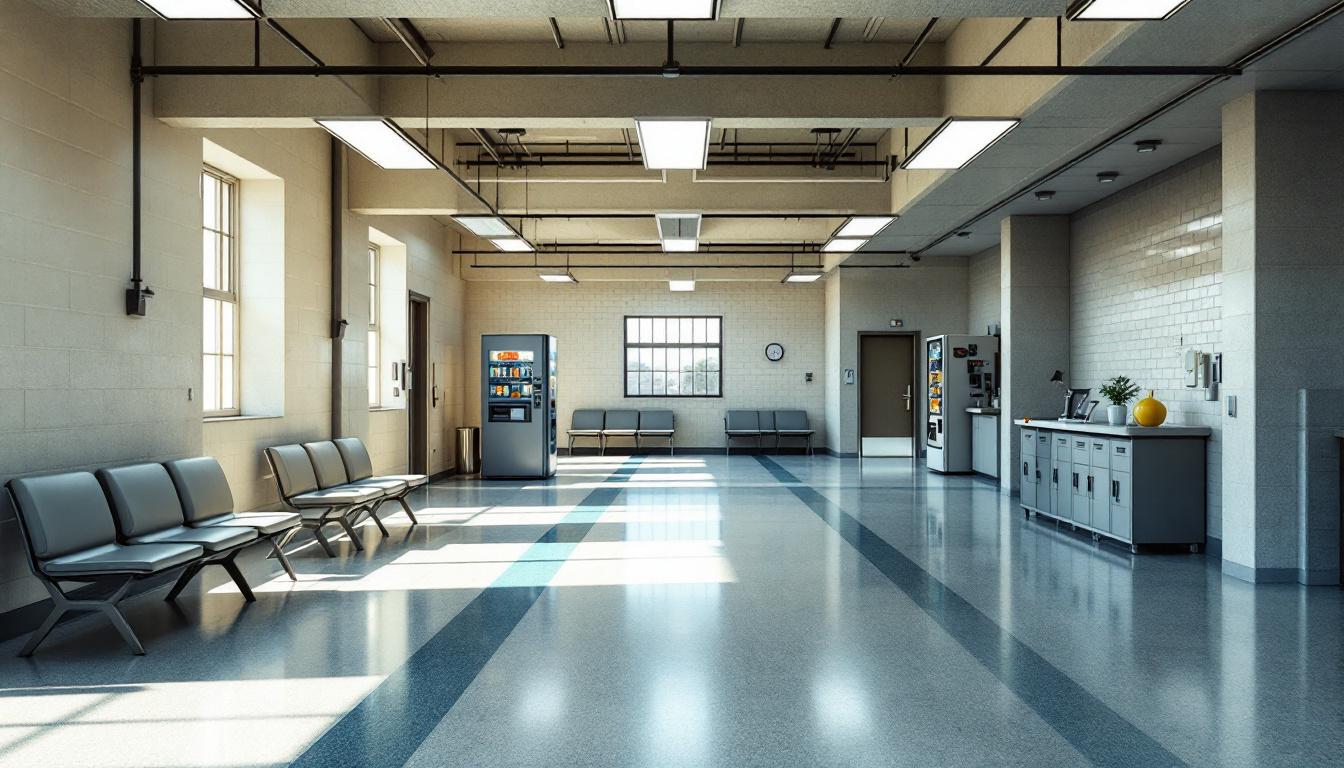
Maintaining connections with family and community members serves as a vital lifeline for those incarcerated at Johnson City Jail. Today's routine typically begins early with headcount and breakfast, followed by consistently structured activities that may include work assignments, educational programming, or recreational periods. The facility generally operates on a schedule that balances security requirements with opportunities for personal development and social interaction.
Housing arrangements typically consist of dormitory-style units or individual cells, depending on classification levels and available space. Those incarcerated often share common areas where they can interact with others during designated periods. Meals are usually served in a central dining area, providing opportunities for social connection and community building among residents. In addition to this, the facility may offer various recreational activities that furnish structure to daily life, including access to a dayroom, television viewing, and outdoor exercise periods when weather and security conditions permit.
Programming schedules generally include work assignments within the facility, such as kitchen duties, cleaning responsibilities, or maintenance tasks that help residents develop skills while contributing to daily operations. Despite this structured environment, maintaining family connections remains a priority through visitation programs and telephone access. The facility typically allows scheduled visits from approved family members and friends, while commissary services may provide additional items for personal use. Those incarcerated can usually send and receive mail, helping to preserve important relationships with their support networks in the community.
Ready to Connect?
Start communicating with your loved one today
Search for an Inmate
